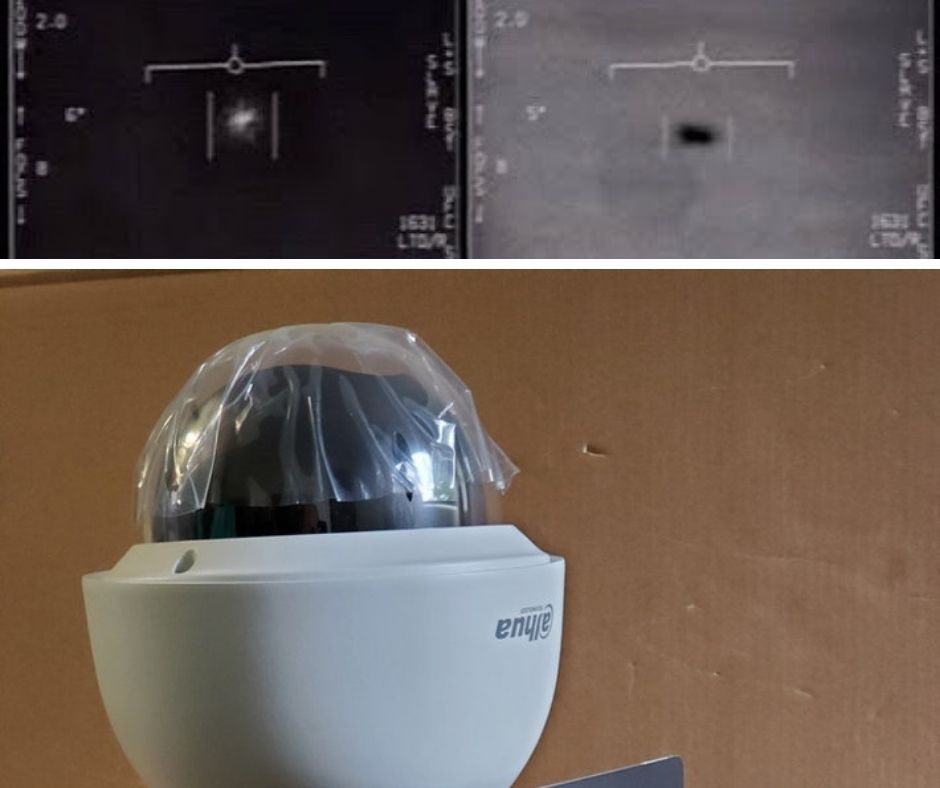There is a lack of coordination among organizations/groups involved in studying UAPs and their detection equipment, but that may change in 2022. According to Robert Powell, an executive board member of the Scientific Coalition for UAP Studies (SCU) in Austin, Texas.

The goal is to coordinate these UAP activities
Several SCU members are involved with the Galileo Project, and the organization has partnered with many groups, including UAPx and UFODATA, and the UFO Data Acquisition Project (UFODAP).
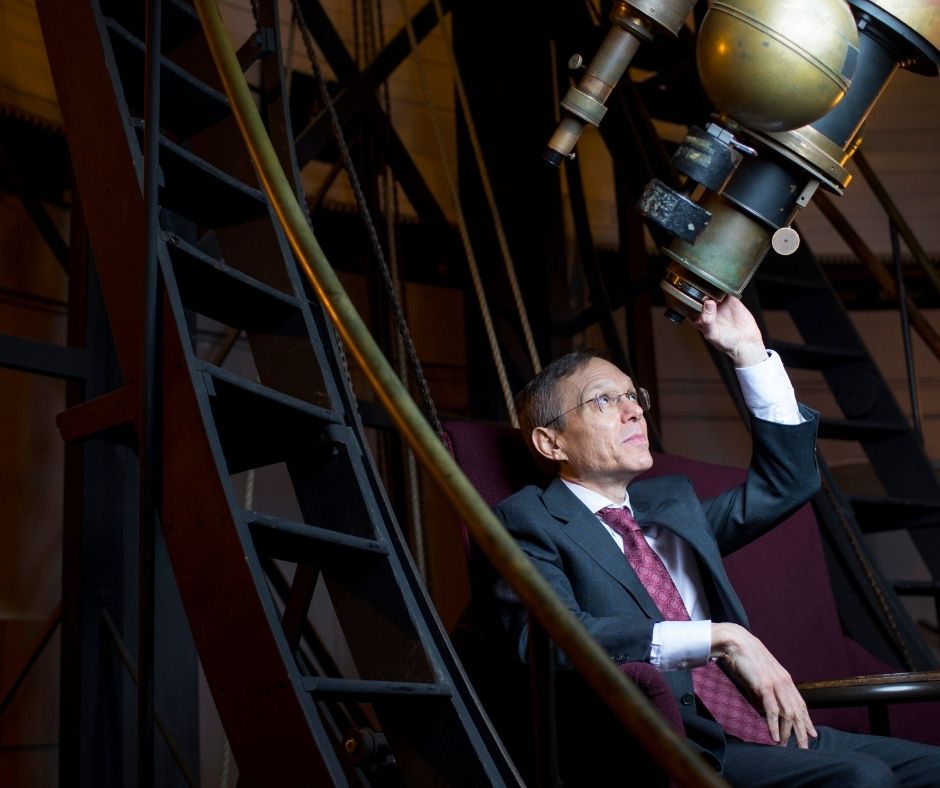
“UFODAP has a working model that has been sold into the marketplace and is reasonably priced in the $2,000 to $5,000 range, depending on the accessories desired,” according to Powell.
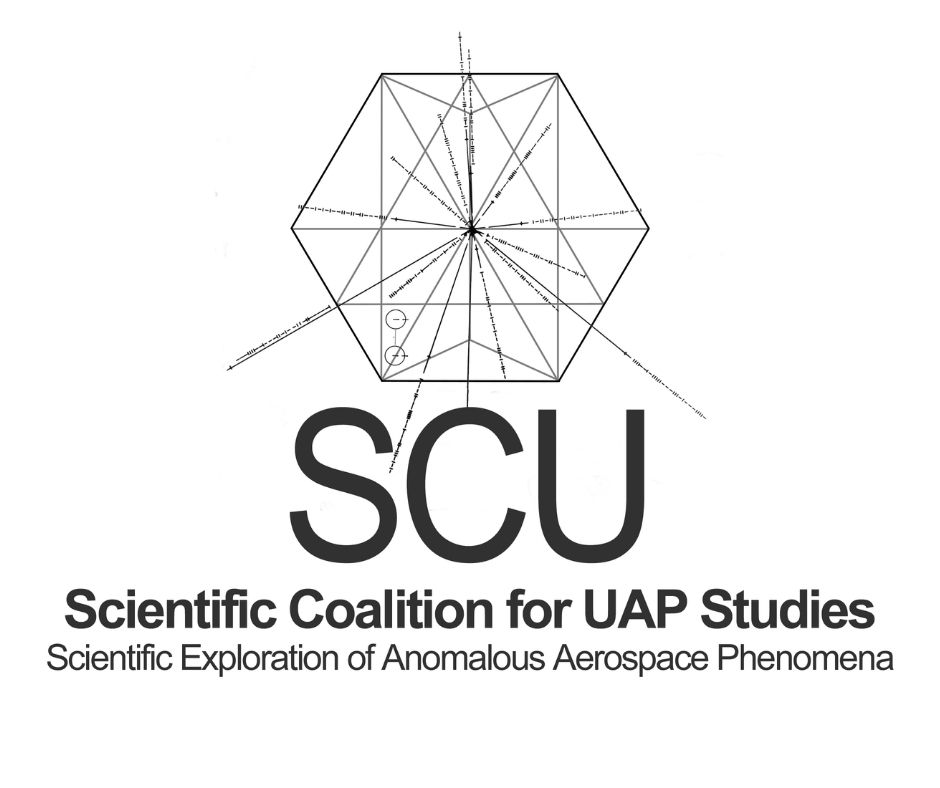
“The system has already been used by a group known as UAPx to gather data. The goal is to coordinate these activities in a way such that we use a system with standardized equipment set to collect data.”
But before that happens, the UAP groups need to plot out exactly what that equipment is trying to measure and verify that the system can achieve that goal, Powell states.
“These are very exciting times, as there are a growing number of groups focused on UAP detection and study,” according to Kevin Knuth, an associate professor of physics at the University at Albany. He is also vice president of UAPx, which plans to incorporate a network of distributed sensors that interested parties can host locally to contribute to spot UAPs.

Still, he said there are some challenges involved with the interaction of various UAP groups.
“While some coordination among UAP groups might be beneficial, particularly in the context of efficiency, the fact that we currently know little about UAPs implies that the potential for discovery is higher if the groups begin by working independently.
Trying different procedures and equipment, and watching in different places,” said Knuth.
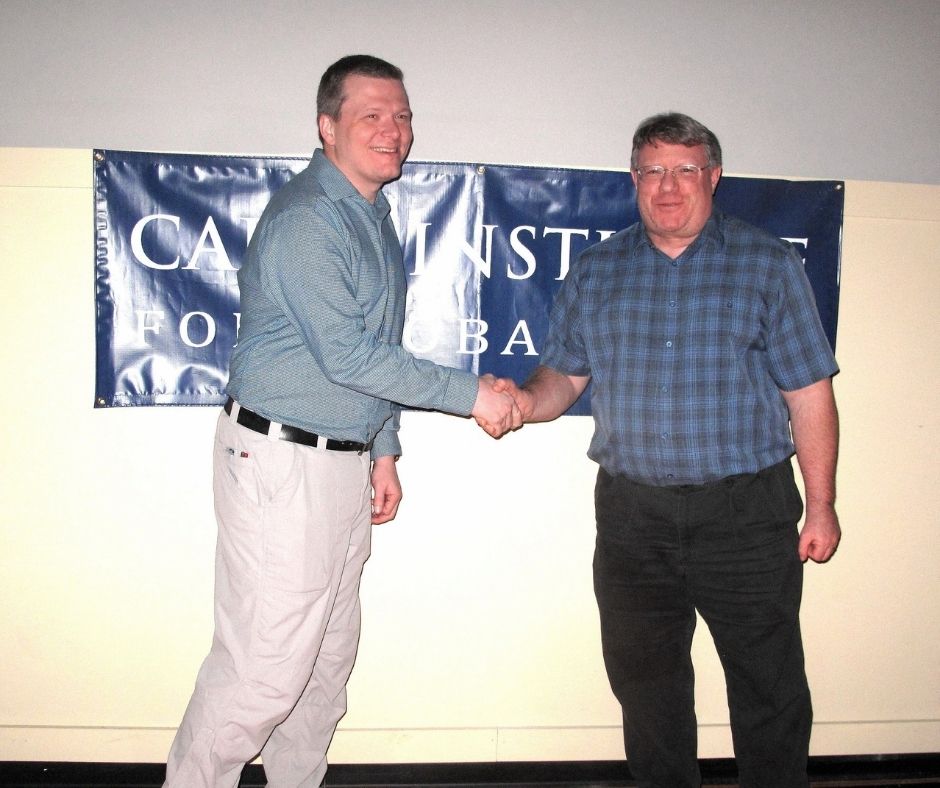
UAP results made public
As lessons are learned, and the results are made public, the various UAP groups will begin to adopt procedures and equipment demonstrated to be fruitful, says Knuth.
Knuth continues, “For this reason, it is assumably not wise to coordinate the UAP groups at this time.” “Instead, as we learn more about how to study and best observe UAPs, communication across UAP groups — facilitated by the publishing of results and sharing of data — will lead to improvements in general. This is the benefit of independent scientific UAP studies.”
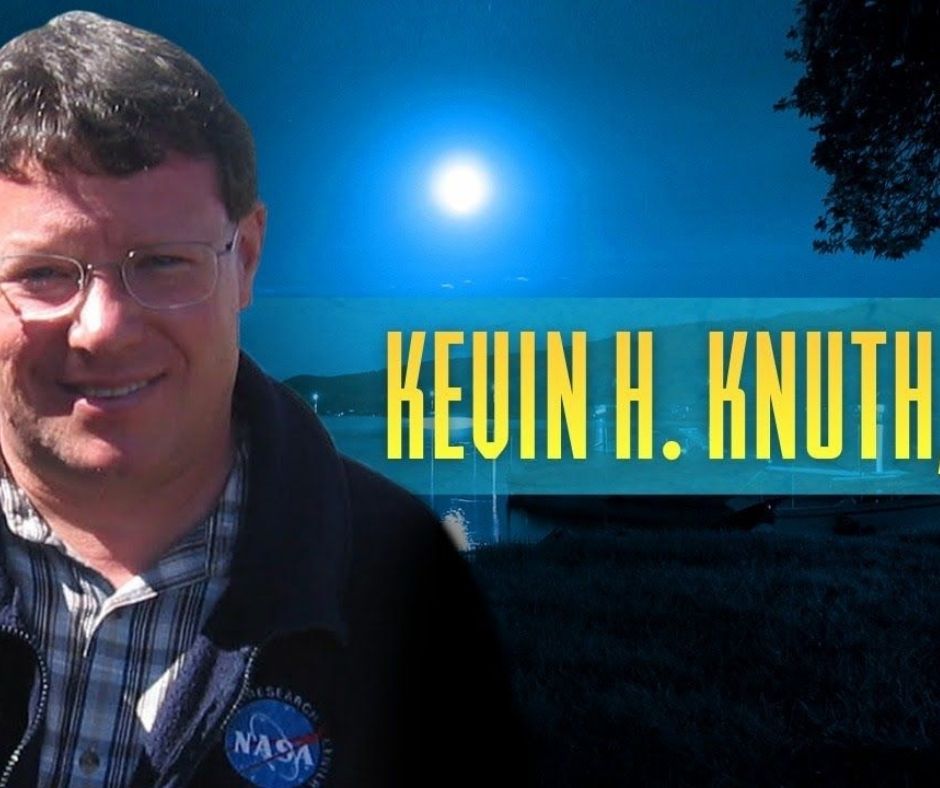
Knuth continues to say that the scientific groups plan to publish peer-reviewed scientific papers. The result will be further advancement of the scientific studies of UAPs “while motivating and compelling more scientists to get involved in studying the most important discoveries in human history,” according to Knuth.

